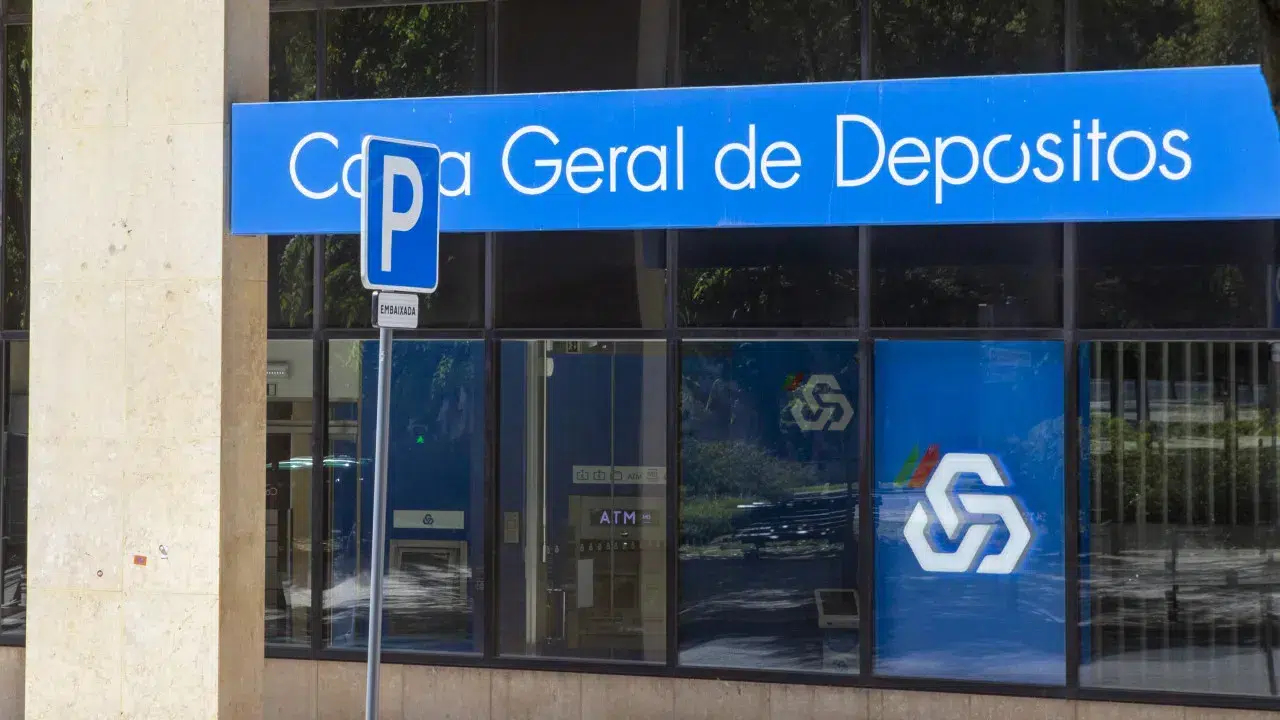
The long-term deposit rating of the bank remains one level above the Intrinsic Assessment (IA), reflecting Portugal’s legal framework, which grants full preference to depositors in cases of bank insolvency and resolution, the agency stated.
DBRS indicated that the trend for all long-term ratings is now stable, while also confirming the short-term rating at R-1 (low) with a stable trend.
The upgrade in CGD’s long-term credit ratings reflects sustained improvement in the bank’s results, persistent reduction of non-performing loans (NPL), and its high capital buffers above the minimum regulatory requirements, justified the agency.
According to DBRS, the resilient economic performance in Portugal and higher interest rates have helped CGD maintain healthy profits and further reduce its stock of non-performing loans (NPL). The improvement in CGD’s NPL ratio, which compares well with European peers with similar ratings, illustrates its effective restructuring and balance sheet risk reduction.
Additionally, the agency noted that the upgrade reflects the bank’s strong capitalization, with capital reserves remaining substantial, recently benefiting from increased internal capital generation and de-risking of the balance sheet.
Simultaneously, the stable trend reflects the organization’s view that the risks to the credit outlook are balanced.
“We expect the bank’s results to continue to benefit from favorable economic conditions in Portugal, a rebound in credit demand, and still strong net interest margins (NIM), despite lower interest rates,” it stated.
The agency also believes that solid economic conditions and the gradual reduction of interest rates will keep the bank’s gross NPL ratio low but warned that the macroeconomic environment is overshadowed by significant geopolitical uncertainty.




